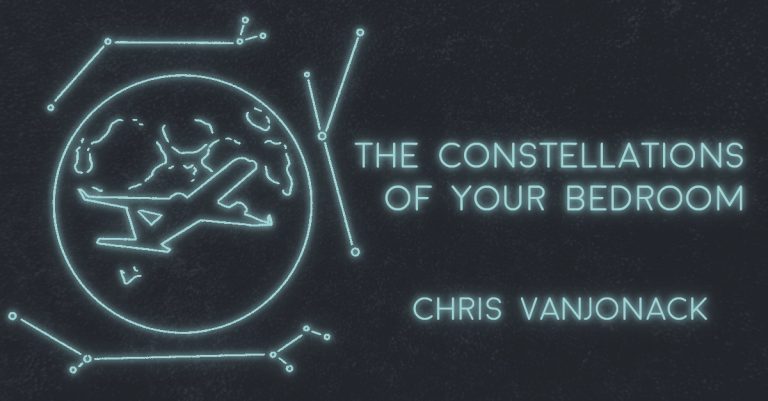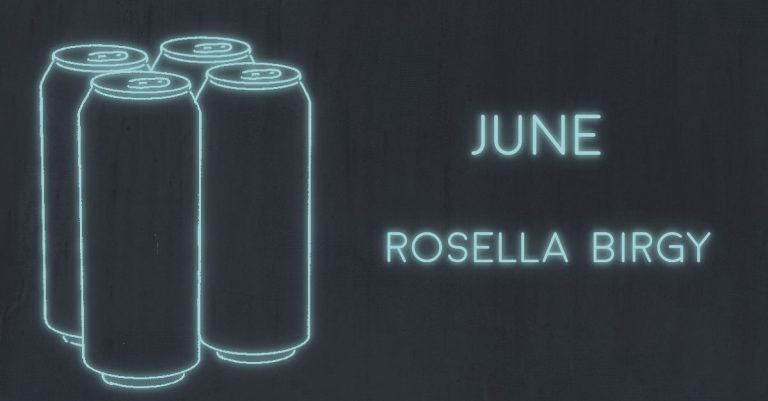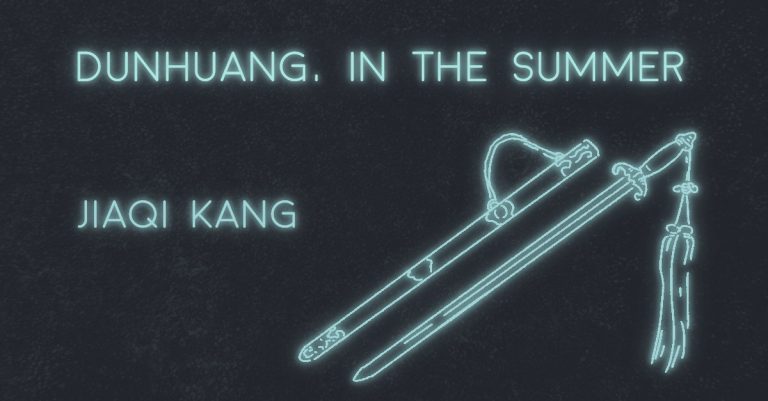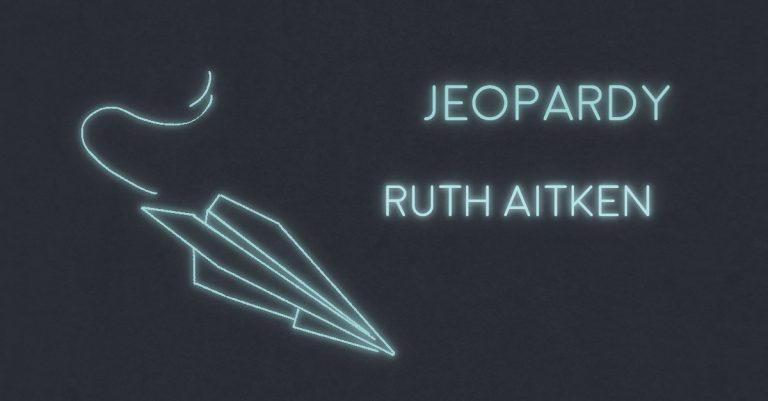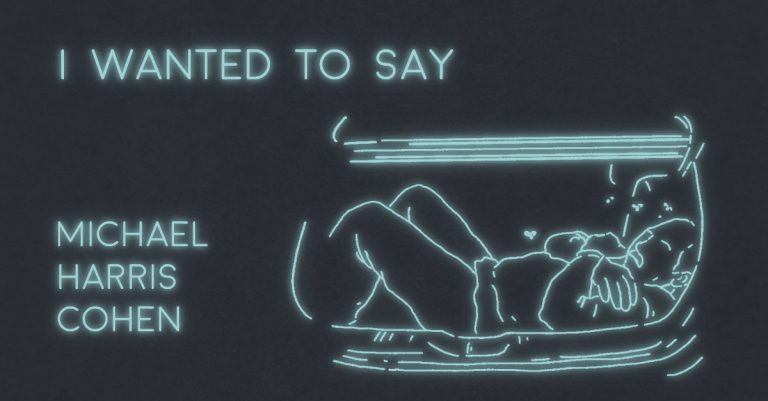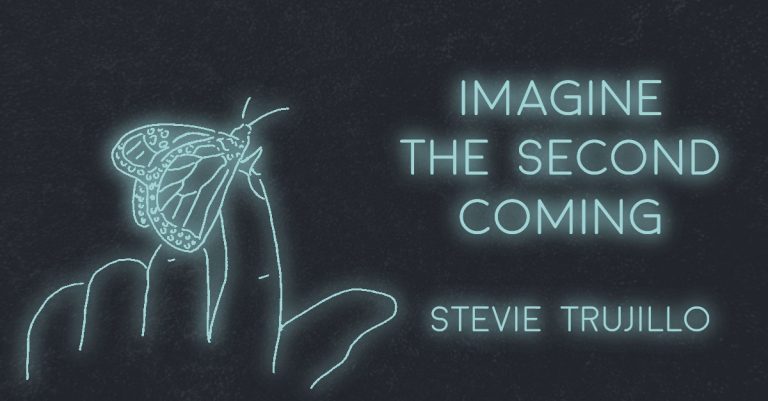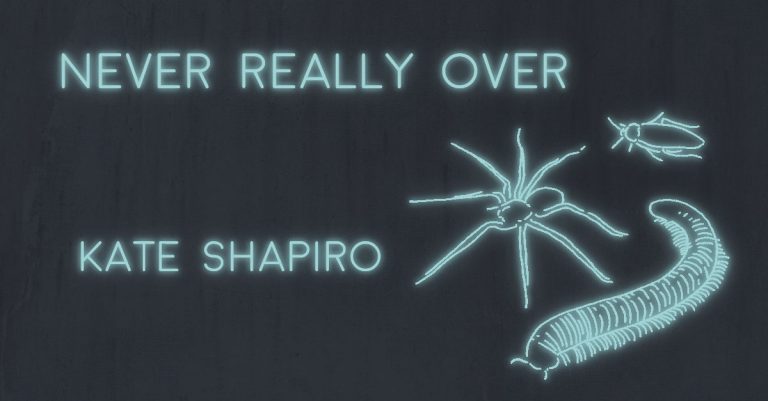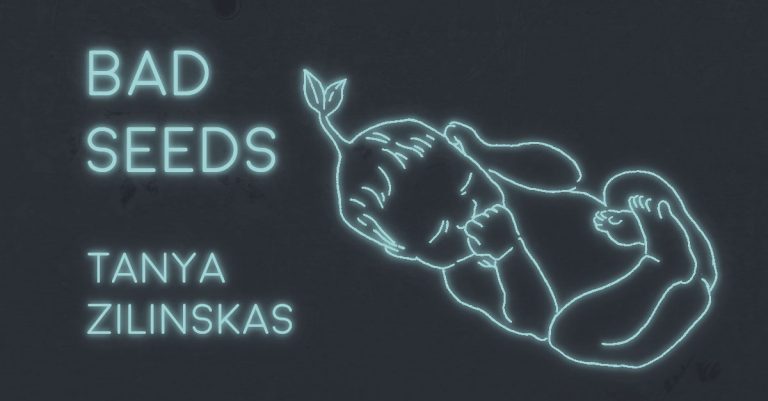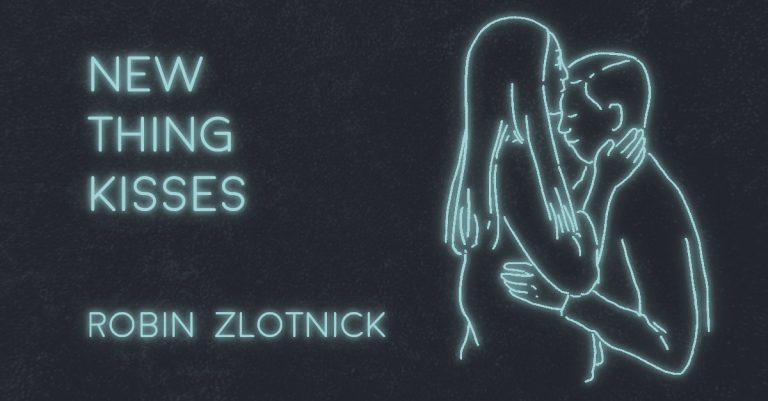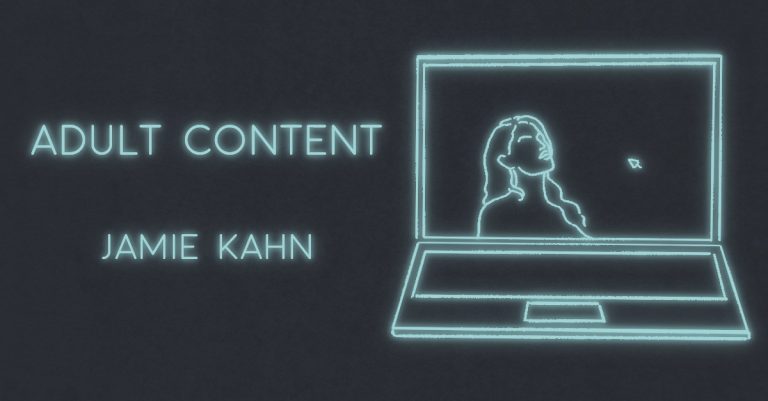
ADULT CONTENT by Jamie Kahn
My tenth grade biology teacher is the first person to ever tell me that I look like [One Specific Porn Star], though he doesn’t really tell me in his own words. Instead, I inquire about his stares to friends in my class to no avail until one boy claims to have seen porn on his laptop during school hours. “What does that have to do with me?” I ask. He shows me a video during study hall. The resemblance is undeniable. That night, I fall into the never-ending black hole of videos featuring [One Specific Porn Star]. I see the

